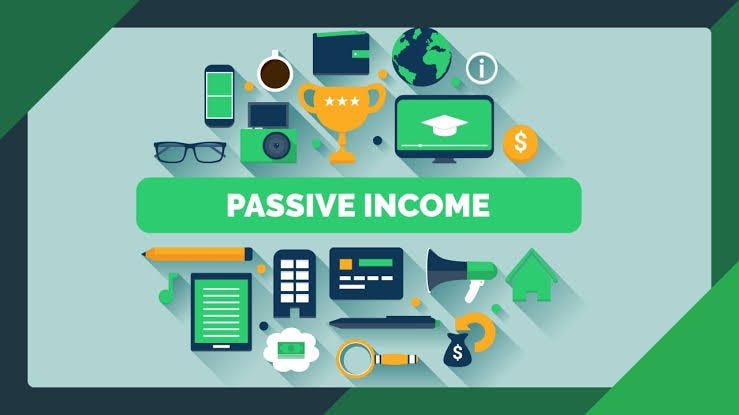
Deciding whether to buy or rent a home is one of the most significant financial decisions you’ll make in your lifetime. Both options come with their own set of advantages and disadvantages, and the right choice depends on your financial situation, lifestyle preferences, and long-term goals. In this article, we’ll explore the pros and cons of buying vs. renting a home to help you make an informed decision.
Pros of Buying a Home
- Build Equity: When you buy a home, each mortgage payment increases your ownership stake in the property. Over time, this builds equity, which can be tapped into for loans or used as a financial cushion.
- Stable Housing Costs: With a fixed-rate mortgage, your monthly payments remain consistent, providing financial predictability. This is especially beneficial in areas where rent prices are rising rapidly.
- Tax Benefits: Homeowners can deduct mortgage interest and property taxes from their taxable income, potentially saving thousands of dollars each year.
- Freedom to Customize: Owning a home allows you to renovate, decorate, and make changes as you see fit, without needing permission from a landlord.
- Long-Term Investment: Real estate generally appreciates over time, making homeownership a valuable long-term investment. Even if the market fluctuates, property values tend to rise in the long run.
Cons of Buying a Home
- High Upfront Costs: Buying a home requires a significant upfront investment, including a down payment, closing costs, and other fees. These expenses can be a barrier for many potential buyers.
- Maintenance Responsibilities: As a homeowner, you’re responsible for all repairs and maintenance, which can be both time-consuming and costly.
- Less Flexibility: Selling a home can take months or even years, making it harder to relocate quickly for job opportunities or personal reasons.
- Market Risk: Property values can decline due to economic downturns or changes in the neighborhood, potentially leading to financial losses.
Pros of Renting a Home
- Lower Upfront Costs: Renting typically requires a security deposit and the first month’s rent, which is far less than the upfront costs of buying a home.
- Flexibility: Renters can easily move at the end of their lease, making it ideal for those who value mobility or aren’t ready to settle down.
- No Maintenance Costs: Repairs and maintenance are the landlord’s responsibility, saving renters time and money.
- Predictable Expenses: Rent amounts are fixed for the lease term, providing financial stability and predictability.
Cons of Renting a Home
- No Equity Building: Rent payments don’t contribute to ownership, meaning you’re not building wealth through real estate.
- Rent Increases: Landlords can raise rent at the end of the lease term, potentially making housing less affordable over time.
- Limited Customization: Renters often can’t make major changes to the property, limiting their ability to personalize their living space.
- No Tax Benefits: Renters don’t qualify for homeowner tax deductions, missing out on potential savings.

Caption: Weigh the pros and cons of buying vs. renting to make the best decision for your lifestyle.
Final Thoughts
The decision to buy or rent depends on your financial situation, lifestyle, and long-term goals. If you value stability, long-term investment, and the ability to customize your living space, buying may be the right choice. However, if you prioritize flexibility, lower upfront costs, and minimal responsibility for maintenance, renting could be the better option. Evaluate your priorities, consult a financial advisor if needed, and make the decision that aligns with your future plans.






